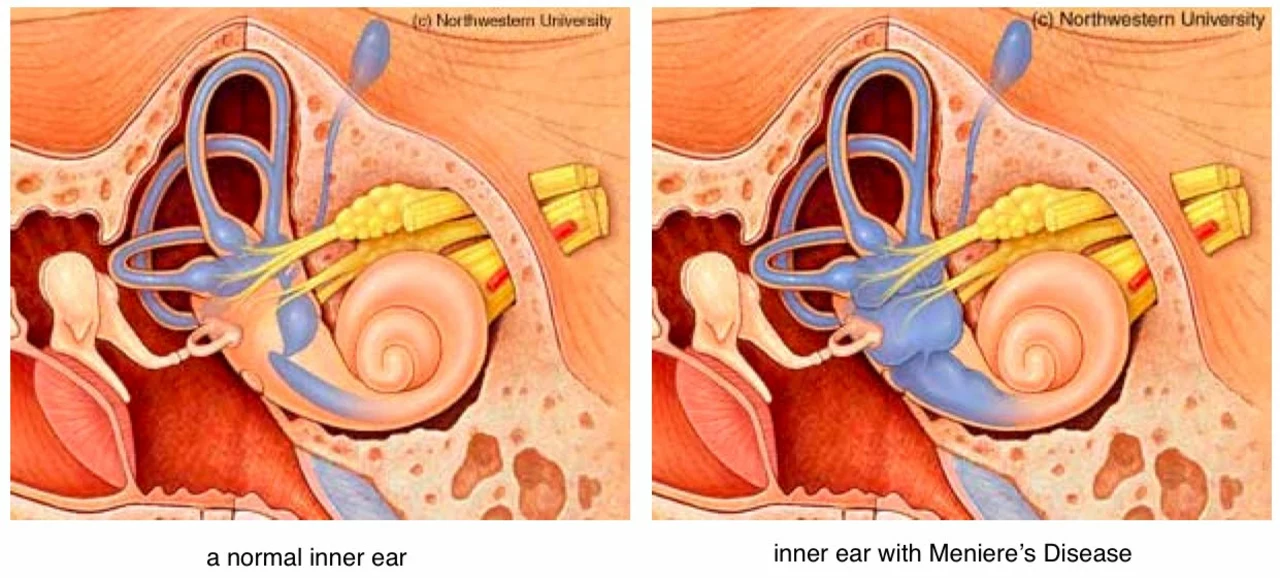Symptoms Guide: Spot the Signs and Know When to Act
If you’ve ever wondered whether a headache is just stress or something more serious, you’re not alone. Symptoms are your body’s way of shouting for attention, but they can be easy to misread. On this page we’ll break down how to spot key signs, when it’s time to call a doctor, and where to find reliable info on the Sevencells site.
How to Identify Meaningful Symptoms
First off, not every ache needs a prescription. A mild sore throat that clears in two days is usually fine, while a sudden high fever over 101°F (38.3°C) often isn’t. Look for patterns: does the symptom linger beyond a week? Does it worsen at night or after meals? These clues help you decide if home care is enough.
Pay attention to accompanying signs. A cough with chest pain, shortness of breath, or blood could hint at an infection or heart issue. Fatigue paired with unexplained weight loss might signal a thyroid problem or something else entirely. Writing down when the symptom started, its intensity on a 1‑10 scale, and any triggers can give your doctor a clear picture.
When to Seek Professional Help
Here’s a quick cheat sheet: call emergency services if you have chest pain radiating to the arm, sudden severe shortness of breath, or loss of consciousness. For non‑emergencies, schedule a visit if symptoms persist more than a few days, get worse, or are accompanied by fever, rash, or swelling.
Special cases deserve extra caution—persistent vomiting in pets (see our pet health article), sudden vision changes, or severe headaches with neck stiffness. In those moments, err on the side of safety and reach out to a healthcare provider.
The Sevencells “symptoms” tag curates articles that dive deeper into specific signs: migraine triggers, allergy reactions, depression clues, and more. Use the list below to jump straight to what you need:
- Migraine Prophylaxis Alternatives – Find out which meds work beyond Inderal.
- Emsam Patch Experiences – Real stories about this MAOI antidepressant.
- Norvasc and Blood Pressure – How amlodipine helps and what to watch for.
- Allergy Relief with Allegra – Dosage tips and side‑effects you should know.
- Theanine for Stress Management – Natural boost without drowsiness.
Each article follows the same practical format: what the symptom means, common causes, when to worry, and step‑by‑step actions you can take now. No jargon, just clear advice you can act on today.
Bottom line? Trust your instincts but back them up with solid info. If a symptom feels off, jot it down, check our guides, and don’t hesitate to get professional input. Staying proactive saves time, reduces anxiety, and keeps you healthier in the long run.
Can betahistine help with symptoms of Meniere's disease in children?
In a recent blog post, I discussed the potential benefits of betahistine in treating symptoms of Meniere's disease in children. Meniere's disease is a disorder that affects the inner ear, causing symptoms like vertigo, hearing loss, and tinnitus. Some studies have suggested that betahistine, a medication commonly used to treat vertigo, may also help alleviate these symptoms in children suffering from Meniere's disease. However, more research is needed to confirm the efficacy and safety of betahistine for pediatric use. It's crucial for parents and healthcare providers to stay informed about the latest treatment options and continue exploring ways to improve the quality of life for children affected by this challenging condition.






